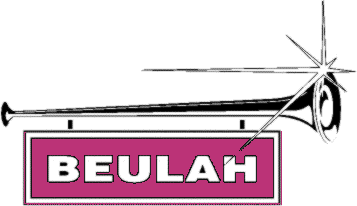Welcome to Beulahover 500 albums and 7000 tracks |
 |
|
|
Exultate Singers (London)
director Garrett O'Brien |
A working class boy from Croydon, Surrey, England who had made a name for himself as a composer, Samuel Coleridge-Taylor (1875-1912) was born of a father from Sierra Leone and an English (white) mother. His father having gained a doctorate returned to Africa leaving his wife to cope with their baby son. She married a Welsh railway worker in Croydon and young Samuel grew up with the Evans family.
His talent for the violin was spotted by a local music teacher and with financial support from a church minister he went to London's Royal College of Music. While still a student he had a great success with a choral work Hiawatha's Wedding Feast (1898).
The publicity surrounding Hiawatha's Wedding Feast created a huge demand for tours both within the United Kingdom and abroad. Among the most important for the composer's career were three tours of North America in 1904, 1906 and 1910.
About the time he wrote the first part of his Hiawatha trilogy Samuel began collaborating with the African American poet and author Paul Lawrence Dunbar (1872-1906). Roanne Edwards writing in Africana Encyclopedia, says of Coleridge-Taylor: "He was also a leading exponent of Pan-Africanism, which emphasised the importance of a shared African heritage as the touchstone of black cultural identity." In the foreword to the 1969 edition of Sayers', Samuel Coleridge-Taylor, Musician, His Life and Letters, Blydon Jackson writes: "American Negroes who were born in the earlier years of this century grew up in black communities where the name of Samuel Coleridge-Taylor was as well known then as now are such names as Martin Luther King, Jr. and Malcolm X.... Gentle as he was in manner, refined as was his calling, he was still a fierce apostle of human liberty and a crusader for the rights of man. He was a parable for the black consciousness of our present time.”